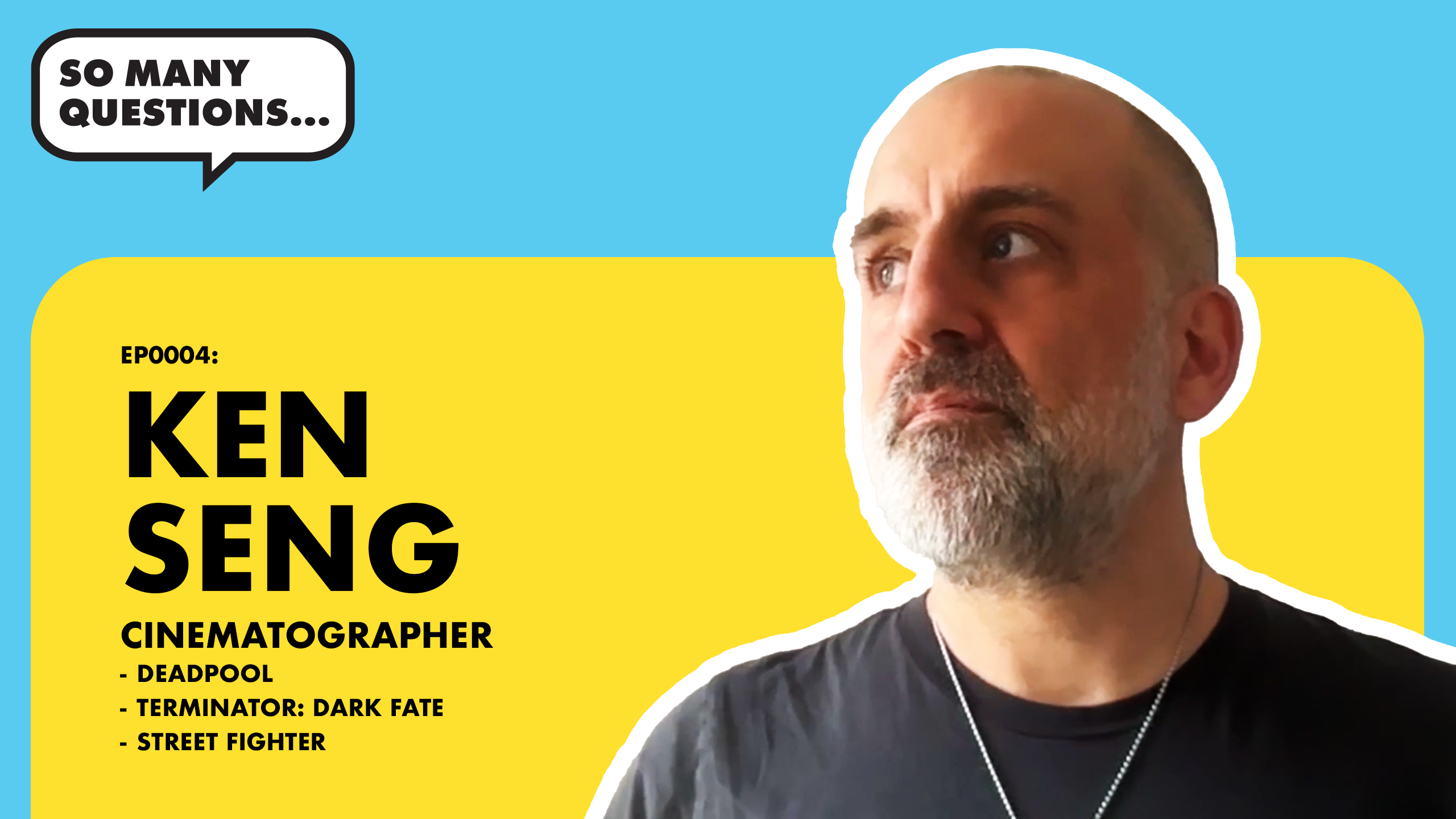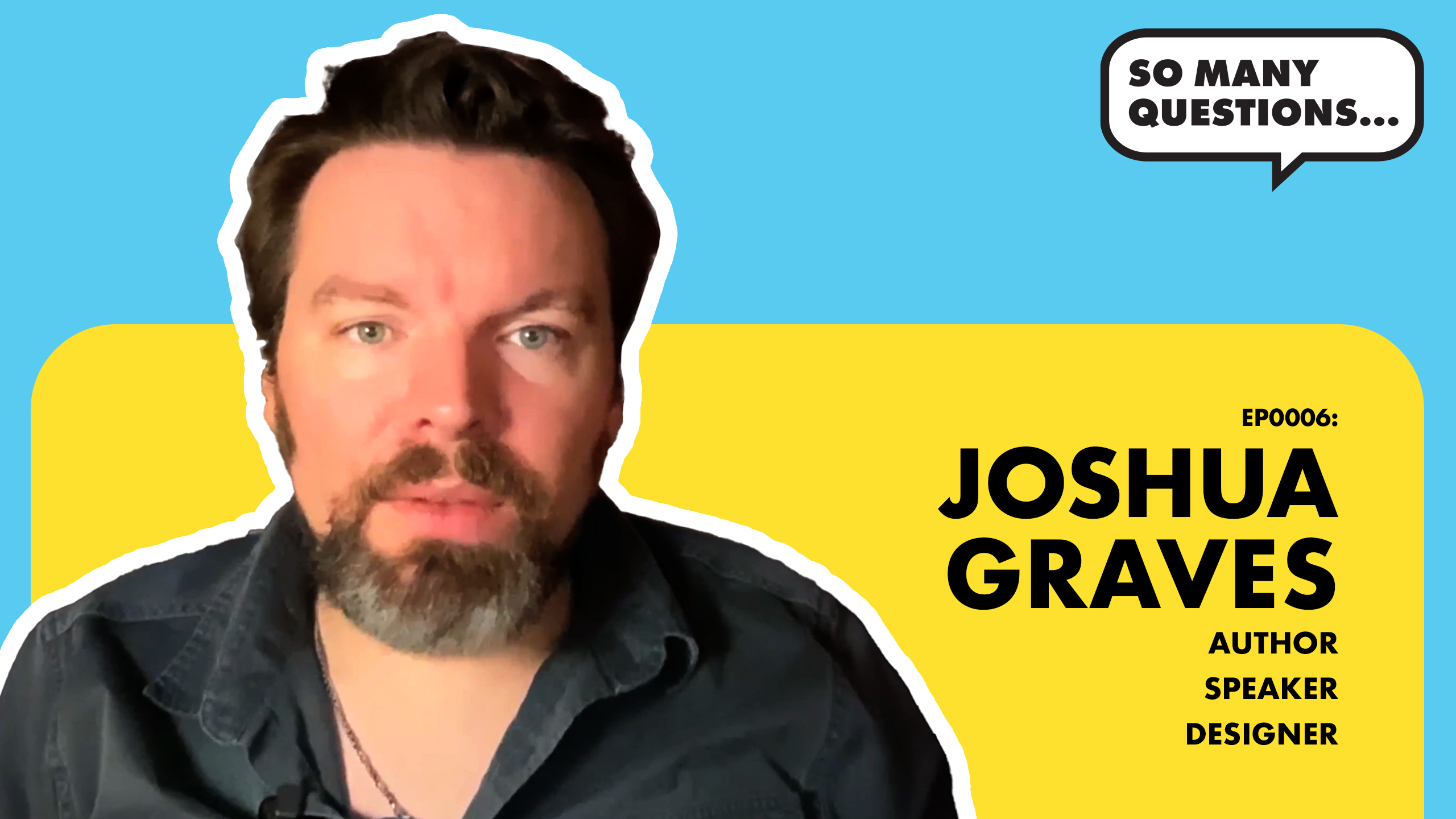Episode 0002: Cespedes Family BBQ
available on:
In this episode, Kendall welcomes Jake Mintz and Jordan Shusterman, baseball writers for Yahoo Sports and co-hosts of the Baseball Bar-B-Cast, for a wide-ranging conversation about life inside and outside the ballpark. From their teenage beginnings as Cespedes Family BBQ to becoming members of the Baseball Writers’ Association of America, Jake and Jordan reflect on how their creative partnership has grown over the past decade.
They share behind-the-scenes stories of covering MLB, the unwritten rules of press box etiquette, balancing humor with serious reporting, and navigating relationships with players from the minors to stars like Bryce Harper. Along the way, they discuss creative collaboration, the evolving role of baseball media, and what it really means to humanize the game’s biggest names.

